
This module is part of a 12 clips guide created by SportAccord, AISTS, PI, and IOC, to help us understand sustainability as a whole, and look at what it means. Good Reporting, going beyond regulations. It discusses how reporting enables us to sets goals, measure, and builds trust with stakeholders. It details the frameworks used, performance indicators, the 3 GRI reporting levels and assurance. (Video 4/12)















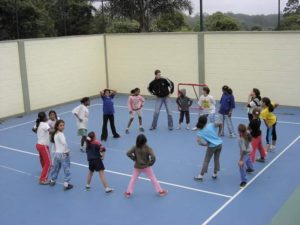
IFF kids with sticks winners presented: Floorball ark in Brazil
The Philanthropic Association Children’s Ark, Floorball Ark, is a Non-Governmental Organisation (NGO) located in the south of São Paulo that aims to serve children, […]


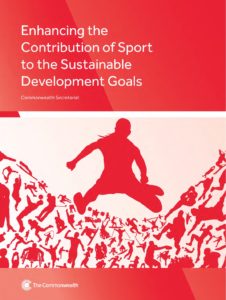
Enhancing the Contribution of Sport to the Sustainable Development Goals
The 2030 Agenda for Sustainable Development, adopted by the United Nations General Assembly in September 2015, sets out a ‘supremely ambitious and transformational vision’ for global development (UNGA 2015). Central to the 2030 Agenda for Sustainable Development are 17 SDGs broken down into 169 targets and 230 associated indicators. The SDGs seek to build on and complete progress towards the Millennium Development Goals (MDGs) that they replaced, but they are also more comprehensive and far-reaching in scope. The 2030 Agenda for Sustainable Development emphasises that the SDGs are intended to be ‘integrated and indivisible and balance the three dimensions of sustainable development: the economic, social and environmental’.







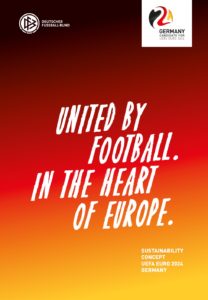
Since the 2006 FIFA World Cup, the Oeko-Institut has served as an ongoing source of advice on environmental issues for the DFB. It has also developed participatory events and produced decision-making aids for clubs and event organisers. As part of their collaboration, the DFB and the Oeko-Institut have prepared a comprehensive Sustainability Concept for the UEFA EURO 2024 football championship.














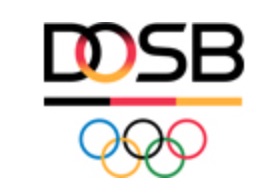
DOSB Internet Portal Green Champions 2.0 for Sustainable Sports Events (German & English)
Internet portal based on a document entitled “Green Champions for Sports and the Environment. Guidelines for environmentally friendly large sports events”. The portal’s target audience includes organizers and interested parties seeking information about concrete possible actions for planning and executing sustainable sports events. The website offers a topical overview of concrete actions – also regarding the various steps of an event. These measures are available as downloadable PDF checklists.















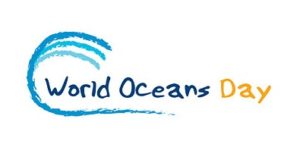
World Ocean Day
World Oceans Day takes place annually on the 8th of June. The concept was originally proposed in 1992 by Canada's International Centre for Ocean Development and the Ocean Institute of Canada at the Earth Summit – UN Conference on Environment and Development in Rio de Janeiro, Brazil.


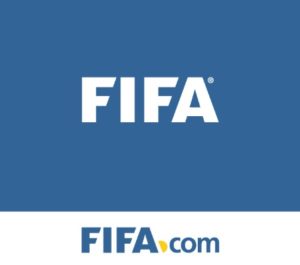
As the global governing body for football, FIFA is committed to supporting its members to implement best practice to keep children safe and ensure involvement in football is fun for all. While FIFA does not control the day-to-day operations of our members, or their affiliated organisations and clubs who are independently organised, this toolkit sets minimum requirements for all members on child safeguarding.



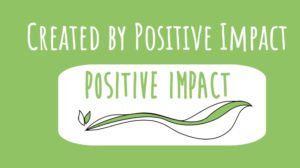
Case study about the creation of a roadmap for a sustainable events destination (GS2018)
Guidelines on on the leadership undertaken by the Gold Coast 2018 Commonwealth Games (GC2018) to follow existing international best practices and provide examples on how to do so.


NGO Briefing in Response to Official Disclosure of Tropical Timber Use for Tokyo 2020 Olympics
A report highlighting the failure of Tokyo 2020 to provide meaningful assurance that the timber used for construction was harvested legally and consistent with the Olympic commitment to sustainability.




Sport Sustainability Introduction : Benefits of sustainable events
This module is part of a 12 clips guide created by SportAccord, AISTS, PI, and IOC, to help us understand sustainability as a whole, and look at what it means. Here you will learn how to identify and quantify the tangible and intangible benefits of sustainable events. This includes cost saving, how to generate growth, stakeholders' satisfaction, attractiveness for sponsors and the uniqueness of sports events. (Video 2/12)














